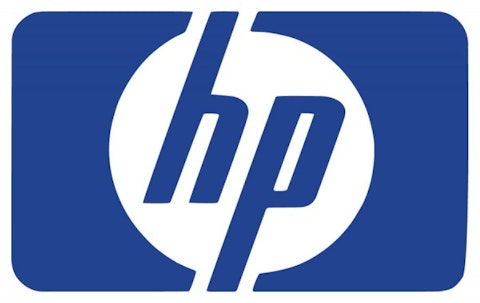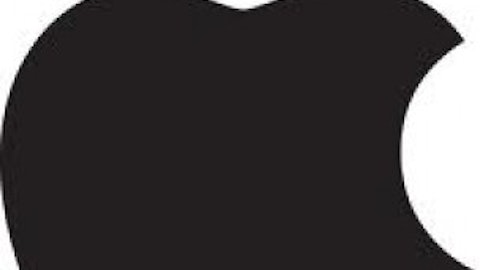While the PC business is undeniably in decline, it’s not going away anytime soon, in my view. This perhaps can best br seen by the $24 going-private Dell Inc. (NASDAQ:DELL) transaction, which is being rejected by shareholders for being too low. This means that the top companies with exposure to the PC business can still count on strong cash flow as they attempt to enter new markets. Below, I review what HP and Intel Corporation (NASDAQ:INTC) are doing to adapt.

According to HP’s CEO, Meg Whitman, the company is in the initial stages of the turnaround. Since the computer business has not been doing very well, the company is planning to shift to cloud computing, software production, and maybe even providing mobile handsets. This is a good move, and it sheds some hope on the great PC giant.
However, there are challenges ahead, because there are already other companies that have invested and specialized in these areas. For example, in cloud computing, HP will have to face competition from Amazon.com, Inc. (NASDAQ:AMZN) and salesforce.com, inc. (NYSE:CRM). These companies are established and are already doing well in this business line. In software, HP is up against giants like Microsoft Corporation (NASDAQ:MSFT) and International Business Machines Corp. (NYSE:IBM). In the production of mobile devices, the company will have to work hard to catch up with Apple Inc. (NASDAQ:AAPL) and Samsung, which are currently leading the market.
In an attempt to cut down on costs, Hewlett-Packard Company (NYSE:HPQ) announced that it would lay off some 29,000 employees by 2014. But employees may desert HP before it deserts them. General Motors Company (NYSE:GM) had announced in October that it was going to hire some 3,000 information technology employees from HP. It will be a big blow for HP to lose employees. The resigning employees demonstrate their lack of confidence in the company, which should serve as a waning bell to investors.
Intel Corporation (NASDAQ:INTC)
The company is currently working together with Microsoft in an attempt to challenge Apple’s iPad in the tablet market, which is now worth $63.2 billion. Together, the two tech giants have disclosed that they are planning to release more than 12 tablets. The collaboration is working out slowly, and investors will have to be patient to reap any gains from it.
In mid-January, Intel Corporation (NASDAQ:INTC) announced its fourth quarter and fiscal year earnings. The results corresponded pretty well with the double-digit decline experienced by the stock. Looking at the numbers, one may be misled to think that the stock is doing alright. The entire year’s revenue amounted to $53.3 billion while cash flow from operations stood at $18.9 billion. The company also paid dividends worth $4.4 billion and repurchased 191 million shares at a cost of $4.8 billion. But the previous year’s revenue was $54 billion, which means revenue fell by 1%. Operating income also dropped by 16%; EPS declined by 11% to $2.13 down from $2.39 compared with the previous.
Thus, while the company has been on the decline from the eroding PC business, it still has considerable cash flow necessary, in my view, to make a successful foray into more popular business segments. The partnership with Microsoft, another cash-rich company, positions it to make a major upset for many bears.
Conclusion
Intel Corporation (NASDAQ:INTC) and Hewlett-Packard Company (NYSE:HPQ) look incredibly cheap at a respective 10.2x and 4.8x forward earnings. With so much of the market focused on the downside, it’s hard not to buy on the prospects of a surprise positive beat. However, it’s also important to bear in mind the risks. If you are looking for a company with considerably lower risks that could still jump from weakening PC concerns, I recommend Microsoft. The producer is incredibly cheap at 8.9x forward earnings and offers a strong dividend yield of 3.3%. At the same time, free cash flow is stable and yields 8.8%. Despite all of the clamor, the company actually grew by a rate of 7% on the bottom-line over the past five years. Plus, it is 6% less volatile than the broader market.
The article Downside Risks to HP, Intel Overwhelm Value Story originally appeared on Fool.com and is written by David Gould.
Copyright © 1995 – 2013 The Motley Fool, LLC. All rights reserved. The Motley Fool has a disclosure policy.





